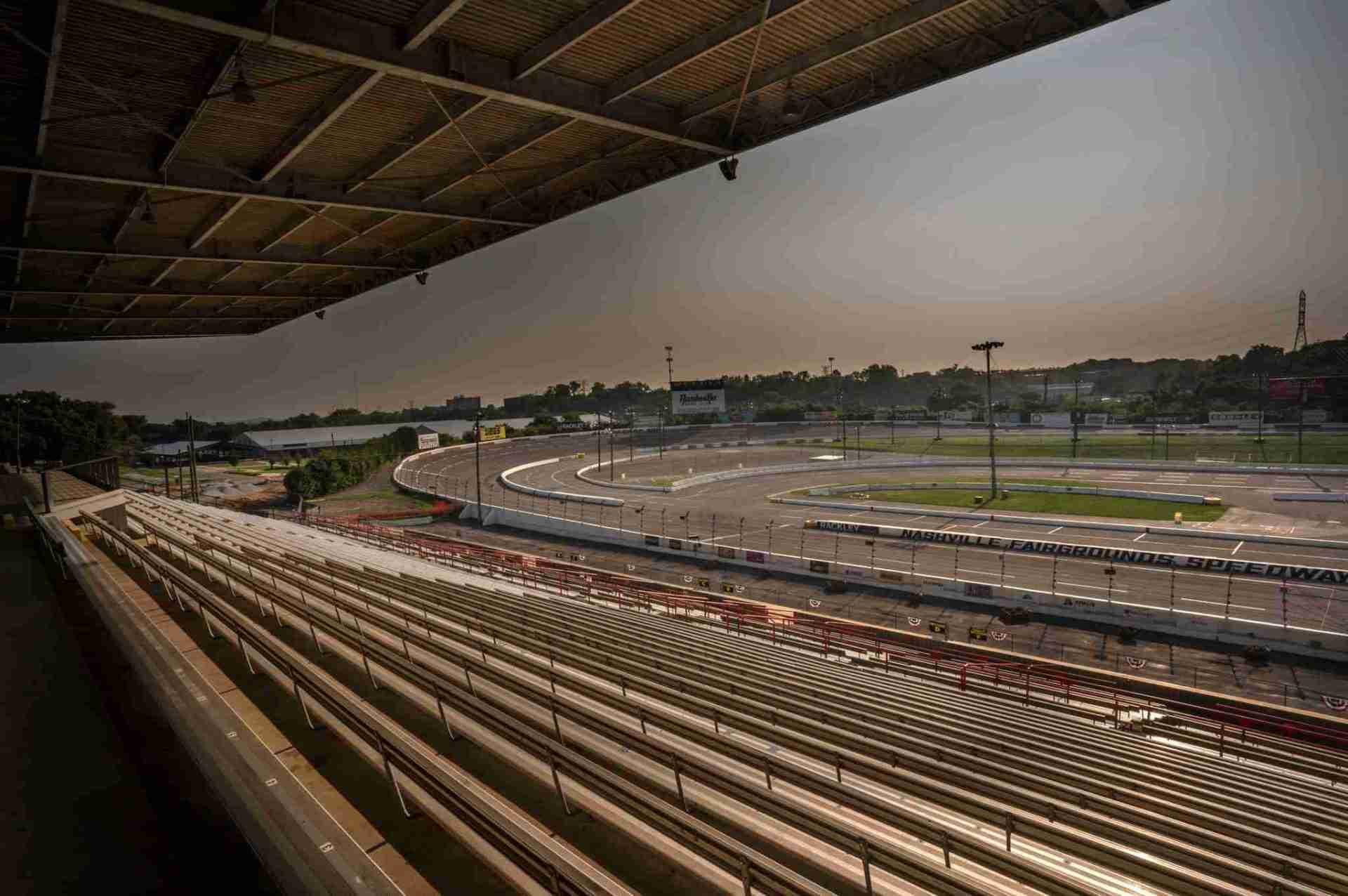Metro Nashville’s legal department filed a lawsuit block a new state law making it easier for the Metro Council to approve a new race track at the Nashville Fairgrounds Speedway.
The measure – passed by Tennessee lawmakers earlier this year and signed into law by Governor Bill Lee on May 5 — overturned a Metro Nashville Council rule requiring 27 votes to approve any changes to the city’s fairgrounds. Instead, the board could approve Bristol Motor Speedway’s proposed track with 21 votes, improving the plan’s chances of passage.
The proposal is to build a virtually new 30,000-seat racetrack at the current site of the Nashville Fairgrounds Speedway, with plans to attract a NASCAR race and other larger racing events.
Metro Nashville is challenging the law based on the Home Rule amendment to the state Constitution, which prevents lawmakers from passing bills specifically targeting a city without its permission.
“The Legislature passed this law for the express purpose of making technical changes to Metro Nashville’s charter,” Wally Dietz, Metro Nashville’s legal director, said in a statement. “It does not apply and was not intended to apply to any other local government.”
Bristol Motor Speedway, a subsidiary of Charlotte, North Carolina-based Speedway Motorsports LLC, lobbied lawmakers to pass the new legislation as they faced strong opposition from some members of the council, in particular concerning the public financing of the project.
The project is estimated to cost approximately $100 million, with a public subsidy of $34 million. The state would provide $17 million and the Nashville Convention & Visitors Corporation would give another $17 million.
The Metro Sports Authority would also issue revenue bonds to cover the remainder of the project cost, with Bristol required to make debt repayments based on rent payments and a ticket tax.
Another trial
This is the second lawsuit filed this year by the Nashville Law Department challenging a state law targeting the city.
The Law Department sued to temporarily block a state law reducing the Nashville Metropolitan Council from 40 to 20 members. A judicial panel ruled in favor of the city, preventing the law from taking effect until at least 2027.
Lawmakers passed six bills targeting Nashville during this year’s legislative session, as relations between the state’s Republicans and its largest city continued to deteriorate.
State Republicans stepped up their targeting of Nashville after the predominantly Democratic-led Nashville Metropolitan Council. blocked the 2024 Republican National Convention from coming to town.
Other laws passed included resuming appointments to city sports and airport authority seats, eliminating the Nashville Police Oversight Board, and restricting tax revenue collected around the Music City Center.
Metro Nashville should take legal action on the airport authority legislation because it gives the state the majority of board appointments.

